The US Department of Transportation has fined Air Canada $250,000 for operating flights over restricted Iraqi airspace. This penalty comes from violations between 2022 and 2023 when the airline used a United Airlines designator code as part of a codeshare agreement. Therefore, the Department had the authority to impose this fine.
The issue arose from Air Canada’s direct flights connecting Dubai International Airport (DXB) to Toronto Pearson International Airport (YYZ). These flights unintentionally flew over airspace that the FAA prohibits for US carriers. Evidence from a recent flight shows that the airline needed to deviate to avoid Iraqi airspace, classified as a ‘complex security environment.’ As a result, Air Canada must pay $125,000 now, with another $125,000 penalty pending if further violations occur within a year. However, Air Canada is likely to avoid additional penalties since it ended its codeshare agreement with United Airlines in January 2023.
Air Canada asserts that the flights in question were unplanned, arising from various unforeseen factors. These factors included air traffic control restrictions and aircraft modifications that required more time to reach a safe altitude. In response, the airline has taken steps to prevent similar issues in future flights.
This situation is not unique; other airlines have faced fines for similar violations. For example, Emirates, based in Dubai, received a $1.5 million fine from the DOT after its flights accidentally entered Iraqi airspace in June, marking its second penalty since 2020.
Flying over Iraq poses significant safety risks. Many countries warn against civilian aircraft operating in this region, especially at lower altitudes. The main concern involves threats from terrorist organizations equipped with portable anti-aircraft weapons. There is also a risk of military forces misidentifying civil aircraft, which can lead to potential attacks. Furthermore, drone strikes from neighboring countries like Turkey and Iran heighten the danger for aircraft in northern Iraq.
While some airspace warnings allow for overflights at higher altitudes, the risks for civilian aircraft remain substantial in Iraqi airspace. Additionally, incidents of GPS spoofing occurred in 2023, where aircraft received false signals that caused navigational issues. Although rare, these occurrences highlight the complexities and dangers of air travel in the region. For ultimate travel tips and destination guides, be sure to visit WentWorld.com and follow our social media channels.
Related stories:
Catch up on the top stories and travel deals by subscribing to our newsletter!

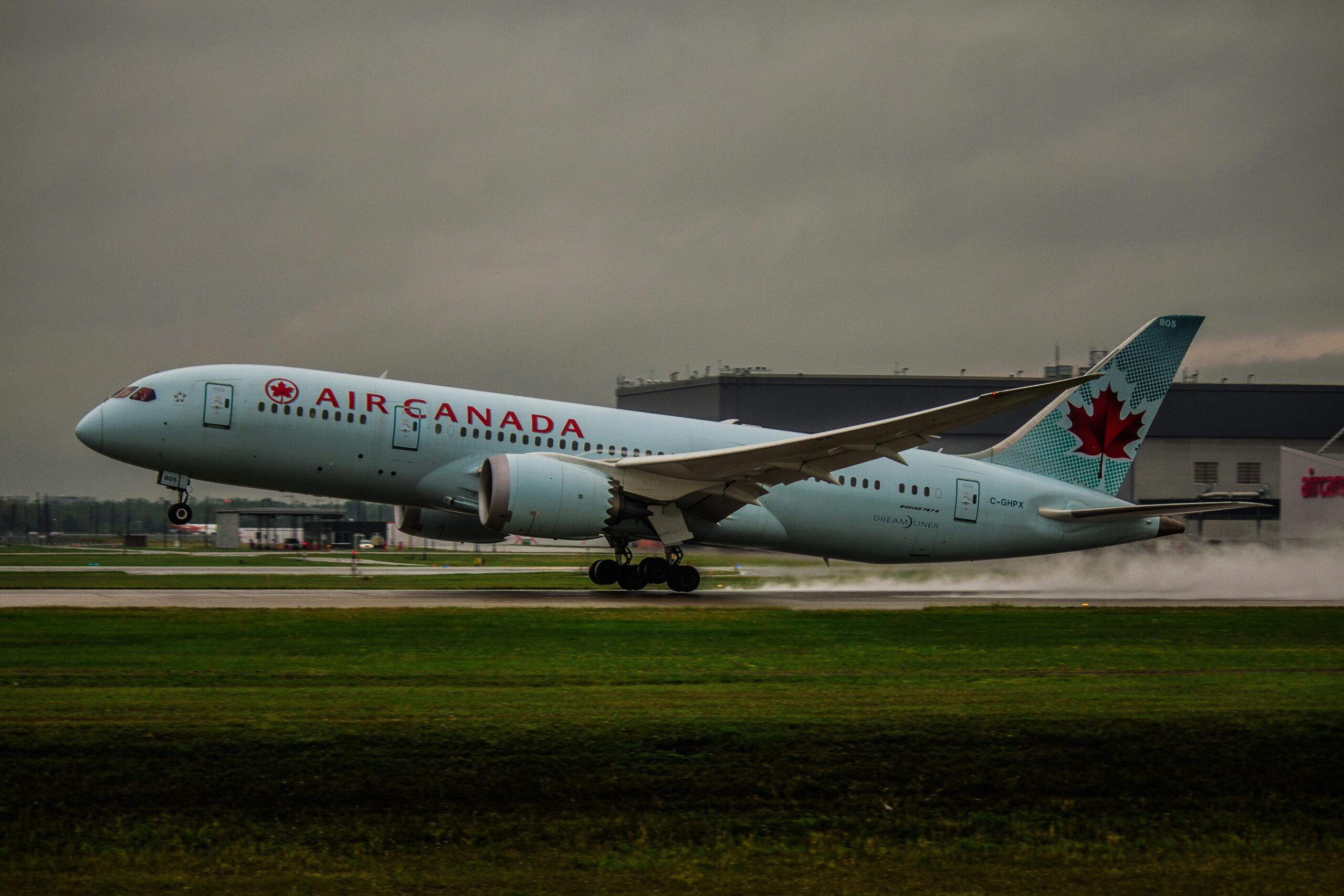

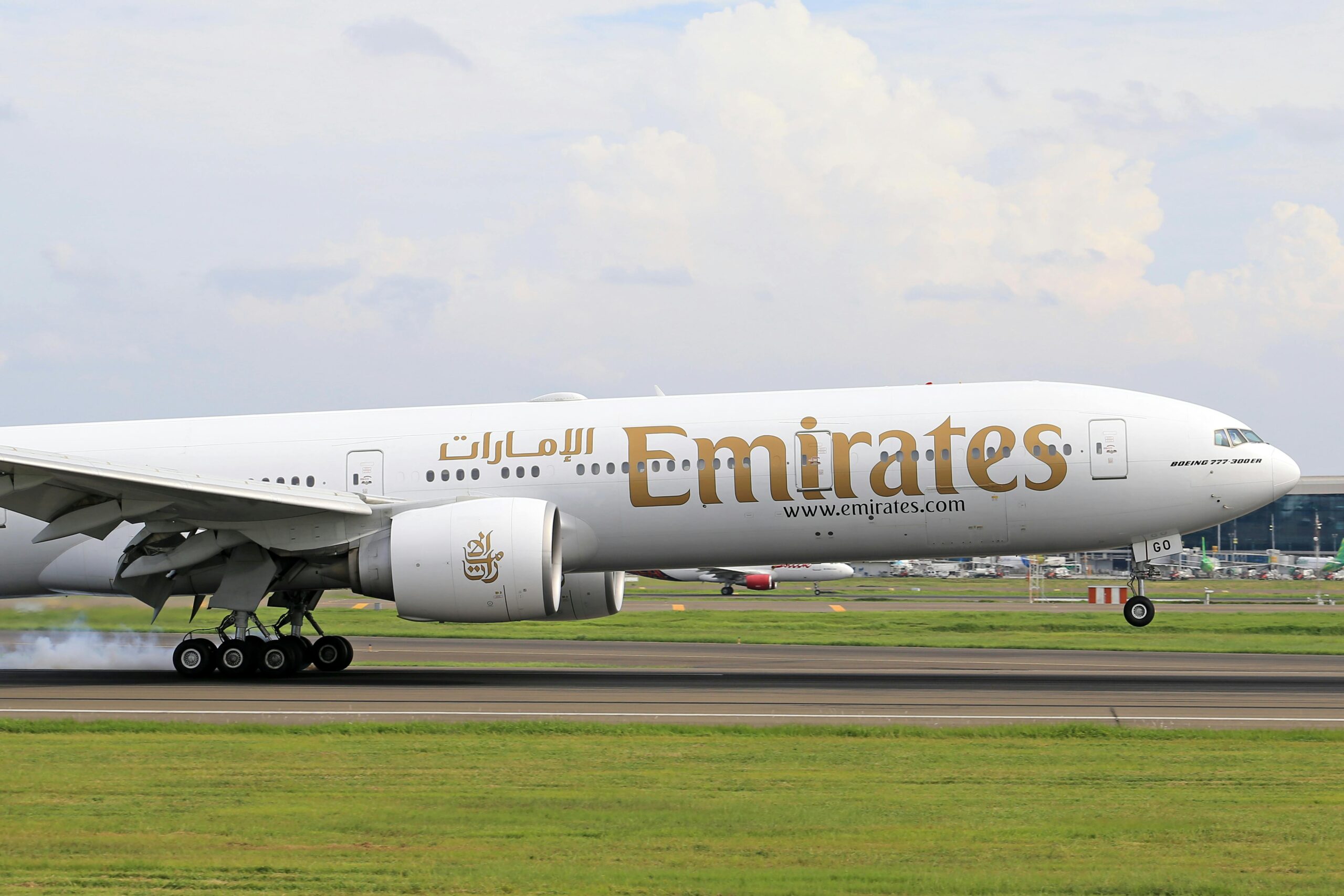
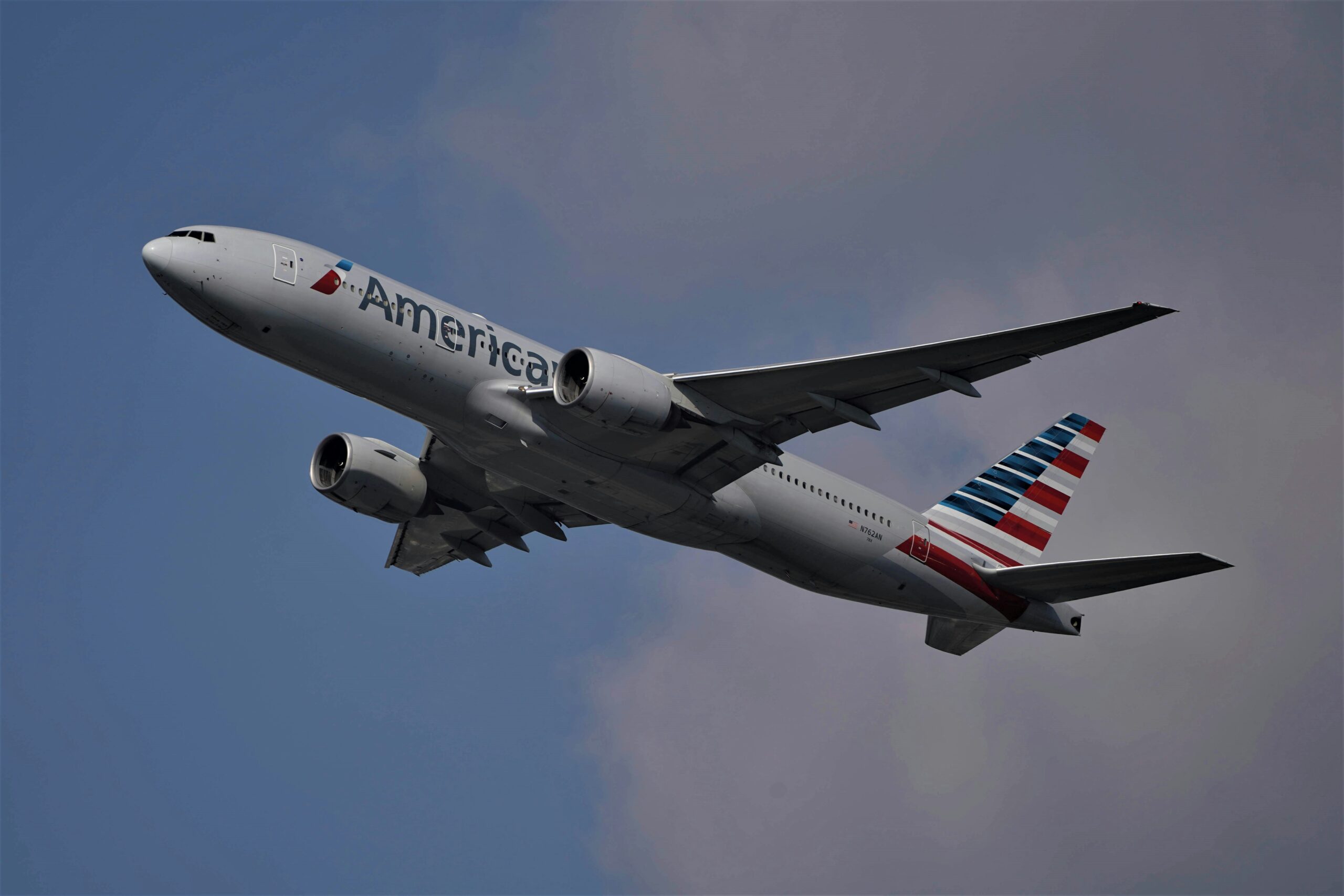
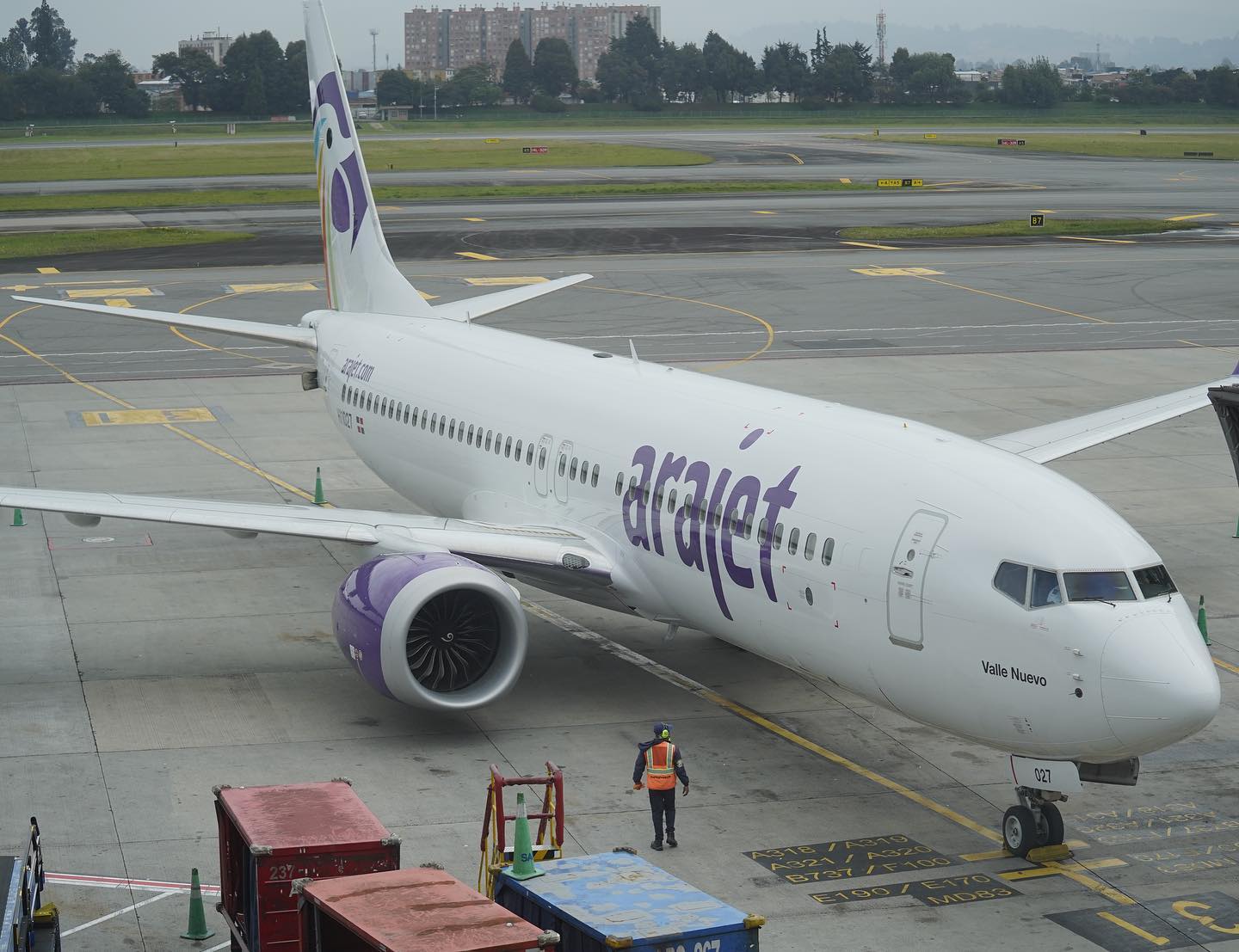
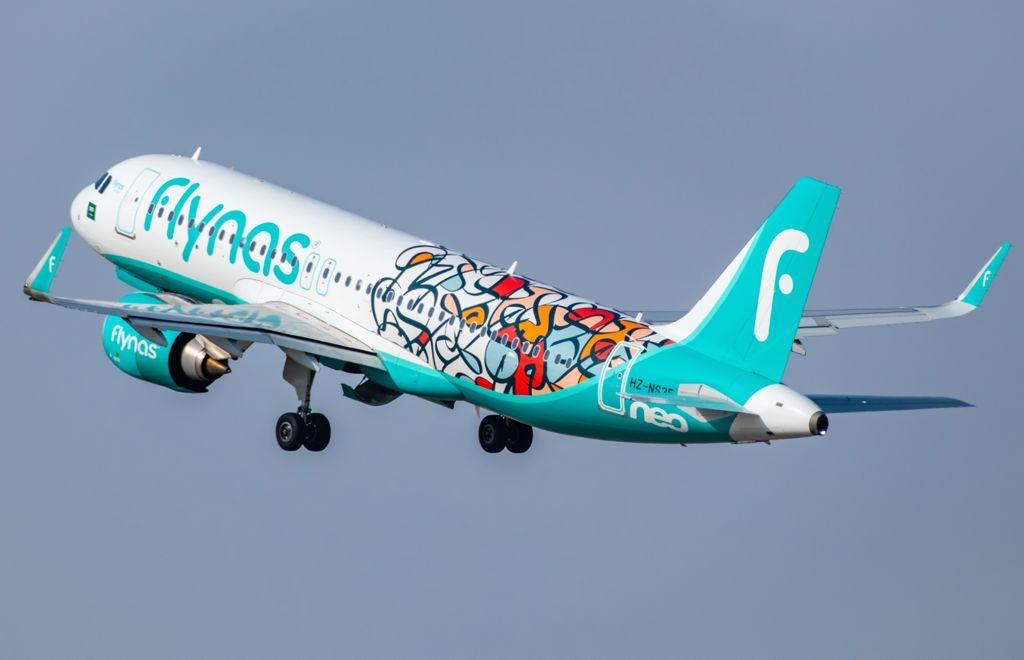
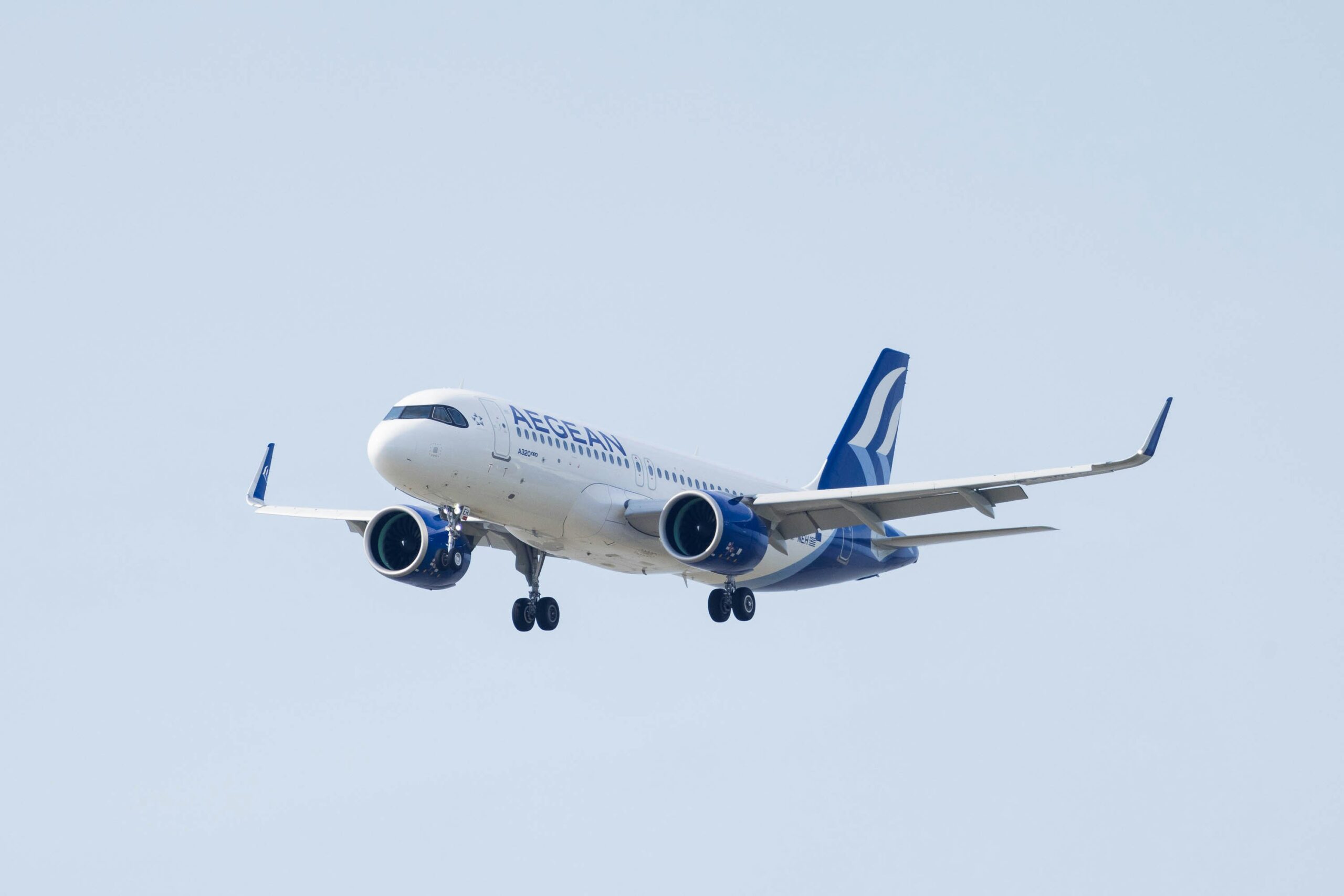




Leave a Reply